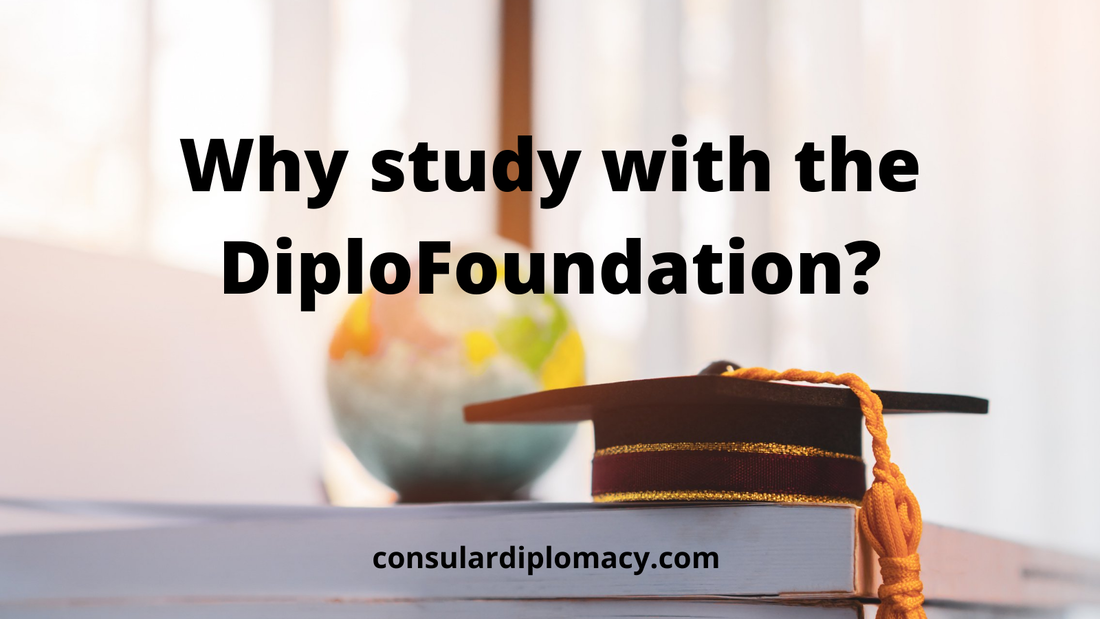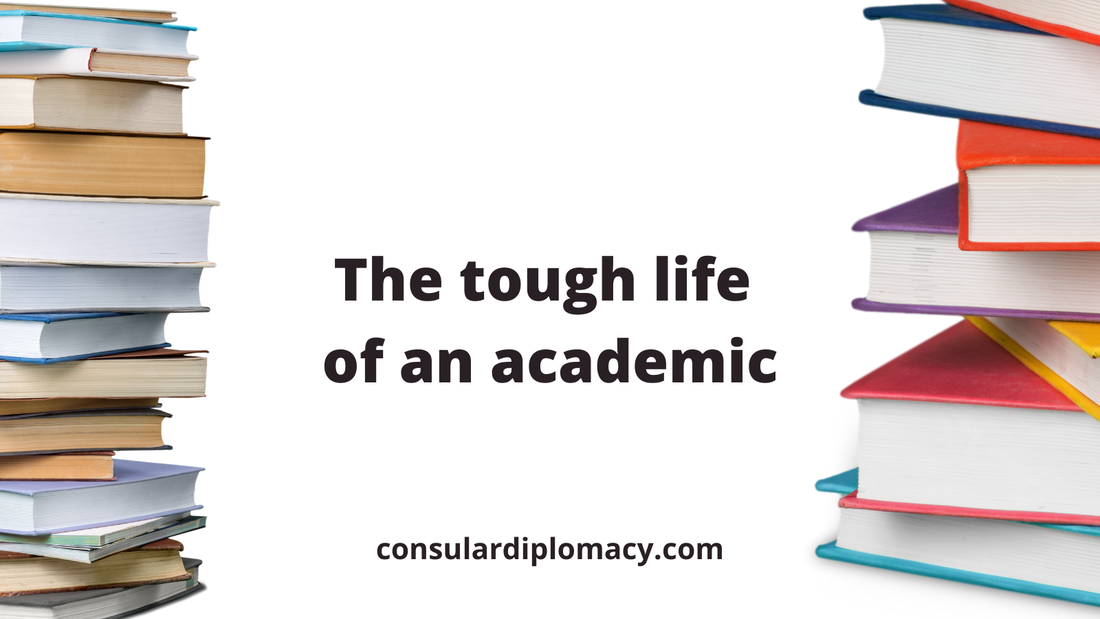 I am excited to announce that I will be collaborating in the upcoming Public Diplomacy course that the DiploFoundation is offering in the spring of 2022. For more information about the course, check out this DiploFoundation webpage. I did not know about the existence of the DiploFoundation until my ministry of foreign affairs offered one of its courses in late 2012. But what a great institution it is! I already had experience with online education, as I graduated from the Global Master of Arts Program in 2008, offered by the Fletcher School of Law and Diplomacy at Tufts University. However, it was a hybrid format, which allowed me to meet my classmates in three different residencies. For more about my experience, read my blog post, Remembering GMAP: Awesome learning and life experiences. The DiploFoundation offers magnificent advantages for most people interested in diplomacy and other vital subjects, such as internet governance. Here are some of them:
Another advantage is that The DiploFoundation also offers the possibility of obtaining a Master´s degree in Contemporary Diplomacy from the University of Malta, which is an excellent opportunity for anybody who does not have the chance to take time off work to get a full-time study degree. Besides the incredible array of courses, the DiploFoundation has excellent research and resources, such as my favorite history of diplomacy and technology or the up-and-coming digital diplomacy and digital foreign policy. In addition, the very active online web debates, conferences offer many opportunities to learn areas that might not be familiar. For those interested in internet governance and digital policy, the DiploFoundation is a powerhouse and the go-to institution. Besides, they are at the forefront of Artificial Intelligence and Diplomacy studies. After the courses with the DiploFoundation, I had many ideas and questions but did not have enough time to work on them until last year, when I started my blog about Consular and Public Diplomacies. In a way, the courses I took with Diplo motivated me to create this blog. And to complete the full circle, the blog opened the door for me to join the DiploFoundation as a lecture starting in spring 2022! I invite everyone interested in Diplomacy and Internet Governance to check out below the DiploFoundation courses and their research and ongoing activities. And hopefully, I will see you in the Public Diplomacy course that starts in February 2022. Upcoming course (February 2022) Public Diplomacy Humanitarian Diplomacy Diplomatic Theory and Practice Advanced Diploma in Internet Governance Introduction to Internet Governance Capacity Development Artificial Intelligence: Technology, Governance, and Policy Frameworks Here is an excellent video that clearly explains what entails to study at the DiploFoundation. DISCLAIMER: All views expressed on this blog are that of the author and do not represent the opinions of any other authority, agency, organization, employer or company.
0 Comments
 During the summer, I had the opportunity to have a small taste of the experience of the persons who dedicate their lives to academia, and let me tell you; it is definitely not easy. First, I prepared and submitted a practitioners’ essay to a journal, which was a lot harder to write than I anticipated. I had worked on it since the day I started this blog, but I let it “marinate” for a few months before going back to it. This was valuable because, during this time, I read a lot about the subject, and it helped me to focus on the ideas that I wanted to share. One problem that I did not anticipate when I started writing about Mexico´s Consular Diplomacy in the United States was the enormous amount of all types of materials that had certain relation to the subject. However, with a few exceptions, all focused on specific topics, such as migration of Mexicans to the United States, the two countries´ bilateral relationship, the life and issues of the border region, and the experience of the Mexican community north of the border. This poses a significant challenge because with so much material, how could I find and review the most important pieces for my work? Besides, how to organize the essay to make sense of all this information? This, I think, is one of the daily challenges that an academic faces. It is a critical issue of all his/her scholarly work, from teaching to writing! Second, I was excited that my paper submission for an IR convention was accepted. This meant that I had to write another paper, different from the journal submission. As I mentioned in the post about Membership has its privileges: Participating in a professional association, participating in a professional organization, and its annual conference is a crucial element for any scholar and even for practitioners. It allows you to go out there, share your ideas and hopefully receive some feedback, and also learn from others' thoughts and experiences. Writing, usually, is a solitarily endeavor, even in a co-authored project. Therefore, having the opportunity to socialize your work in a convention is crucial to improving it, and there is no other way around it. Some academic friends could be willing to review your paper, but it is also important to receive comments from a non-related person that knows about the subject. I think this is the main reason for a convention, besides having fun with colleagues from around the country, region or the world. As a result of my participation in the convention, I was able to submit another practitioner´s essay to a different periodical. Let`s hope it can pass the review process! Third. In most jobs, you have a group of people that you can rely on if things get complicated. But for the academic, this extra help is not granted, particularly regarding teaching and research. The lucky few have teacher and research assistants and even some administrative staff. However, most scholars in the social sciences do not have any support staff, so they must juggle between teaching classes, doing their research, keeping up to date on their field of study, and even handling social media and blog accounts. It is a nearly impossible task! I commend all the scholars that have done so for many years and still are great teachers and extraordinary researchers. If all this is not enough, the changes in education because of the pandemic pose a significant challenge because suddenly, we all had to learn on the run new skills as teaching online from a house full of people and mascots. After experiencing a small bite of scholarly life myself, now, I am a lot more appreciative of all academics in the world that, against many odds, still produce amazing ideas that make the world a better place. So, when January 24 comes around, which is International Education Day, let´s congratulate and celebrate all scholars of the world. DISCLAIMER: All views expressed on this blog are that of the author and do not represent the opinions of any other authority, agency, organization, employer or company. |
Rodrigo Márquez LartigueDiplomat interested in the development of Consular and Public Diplomacies. Archives
May 2024
Categories
All
|
